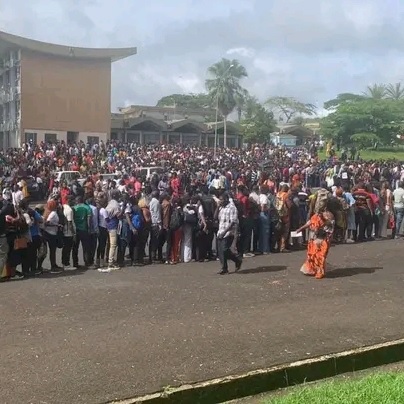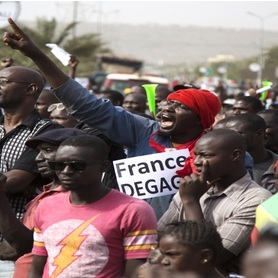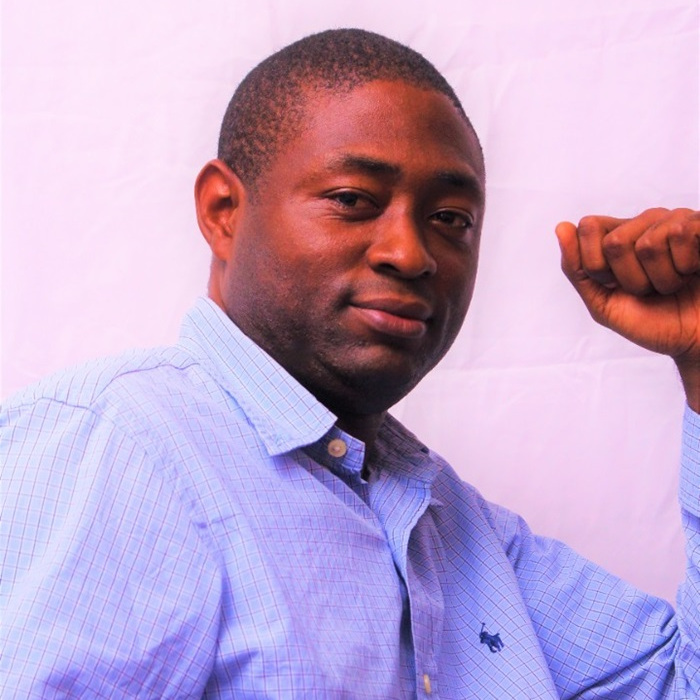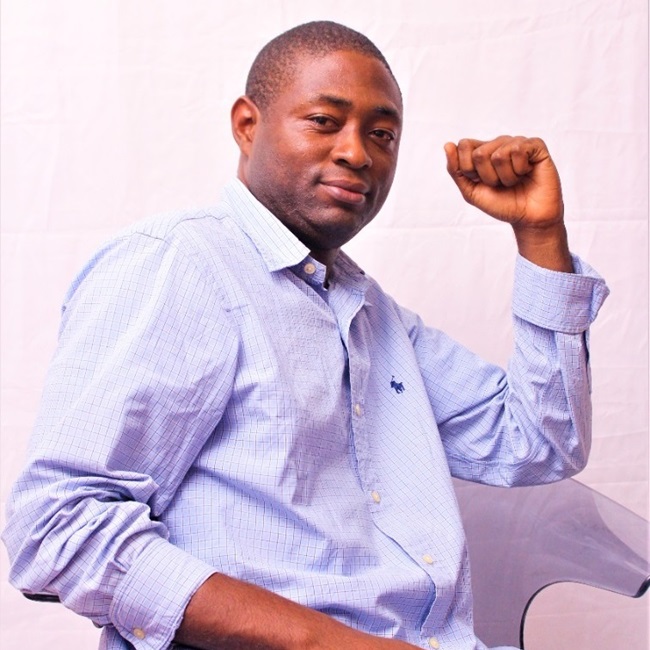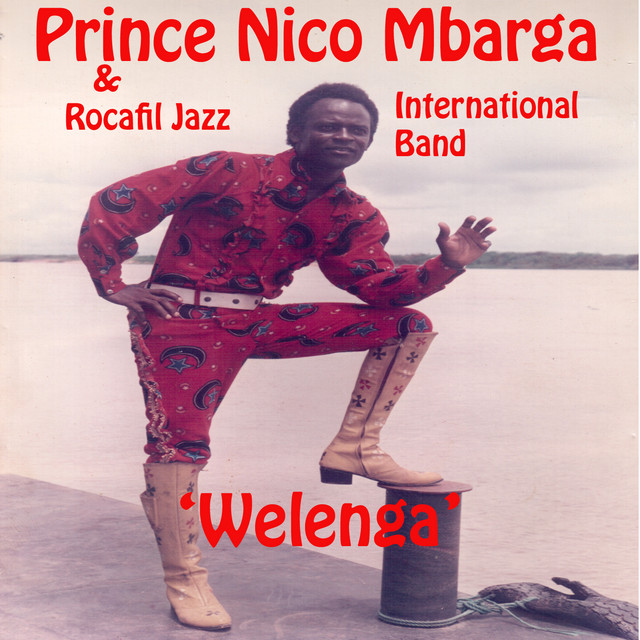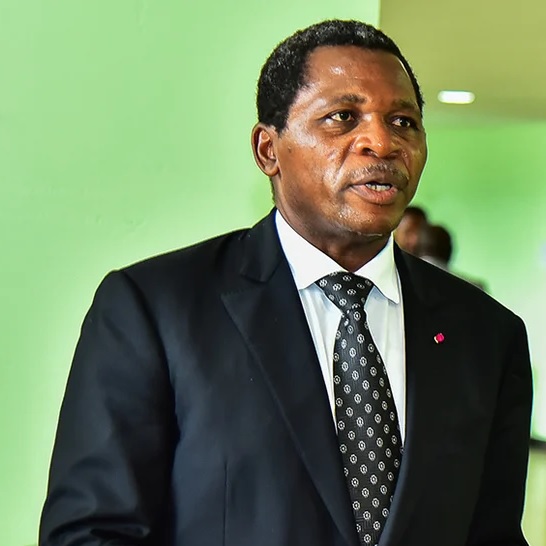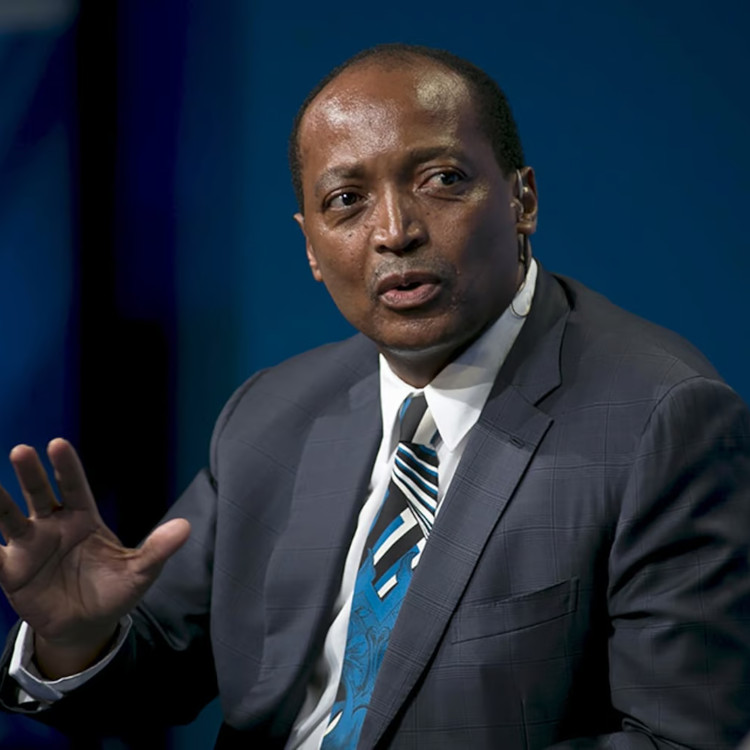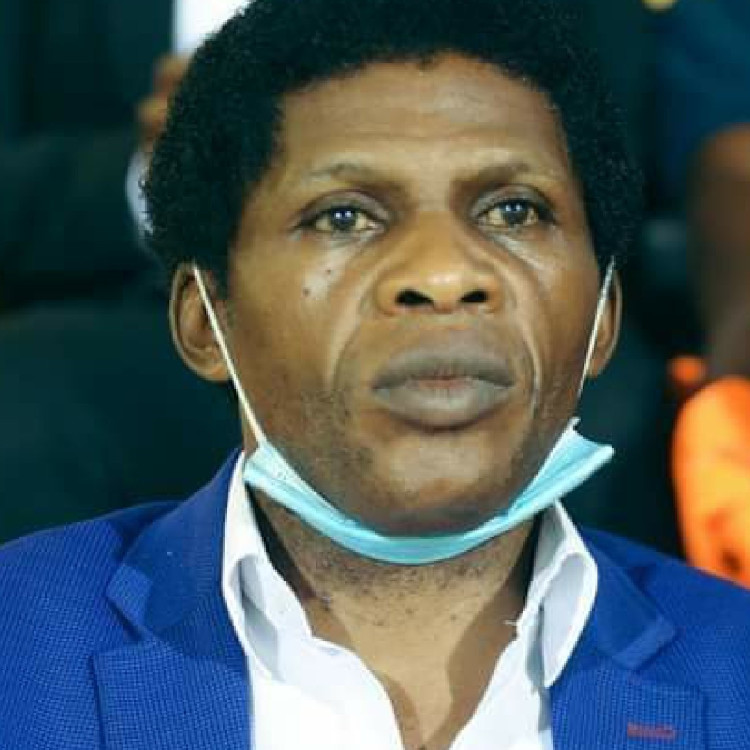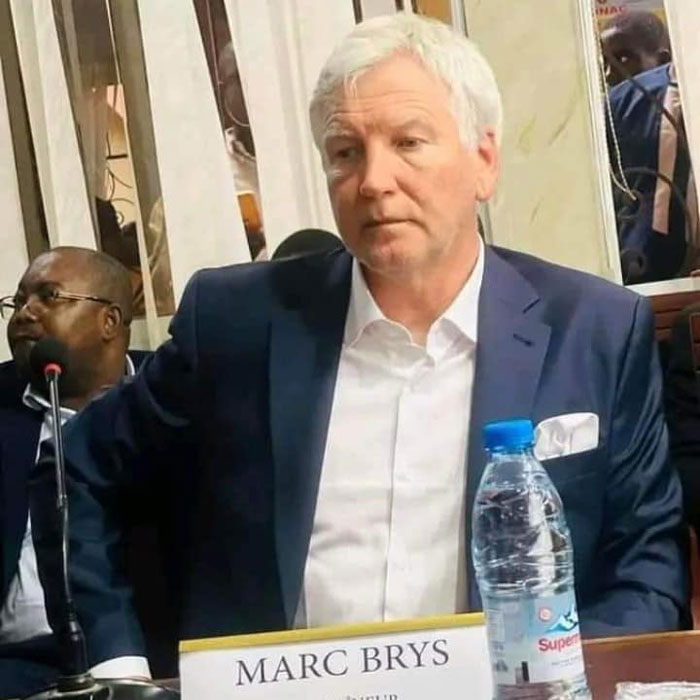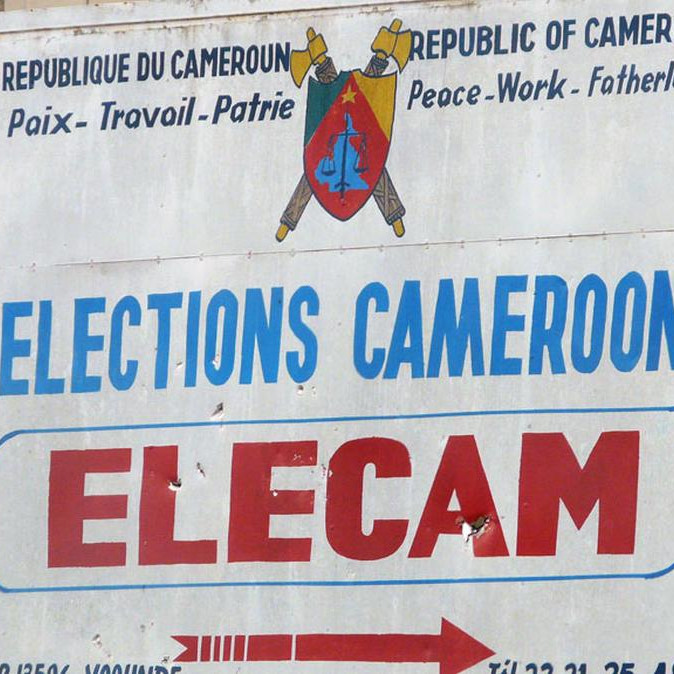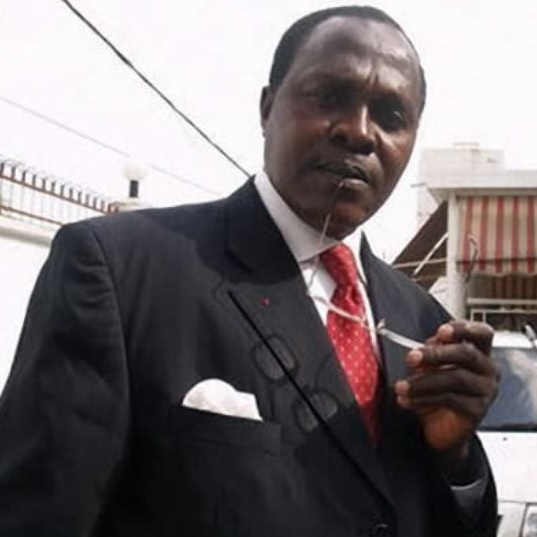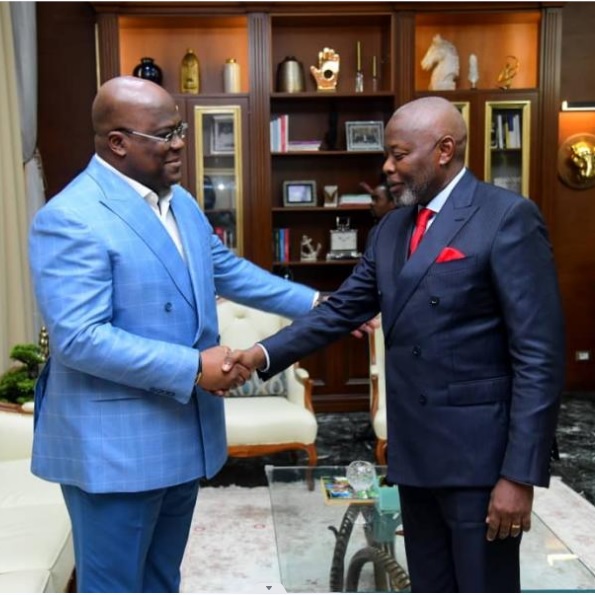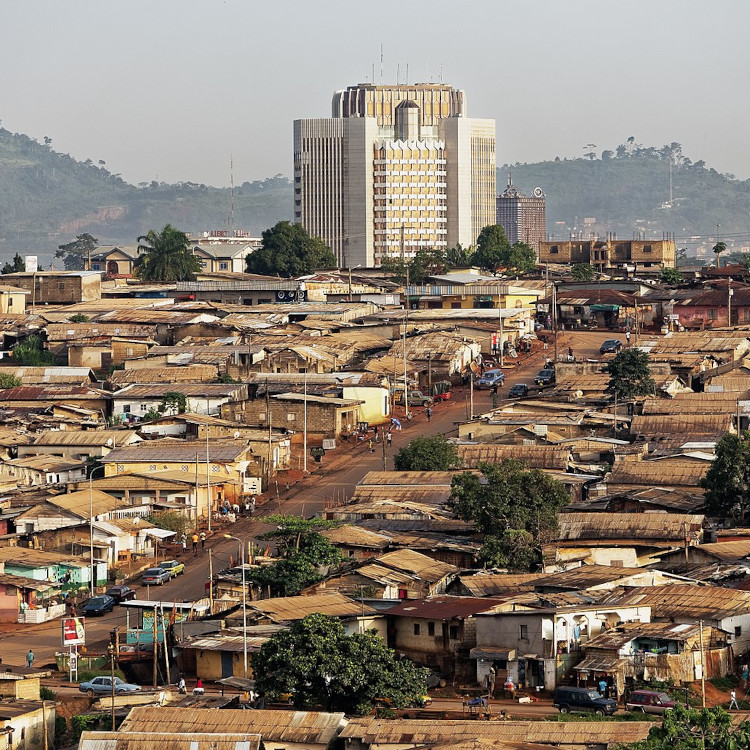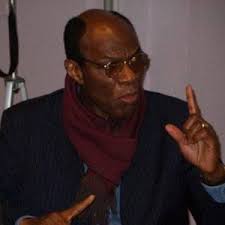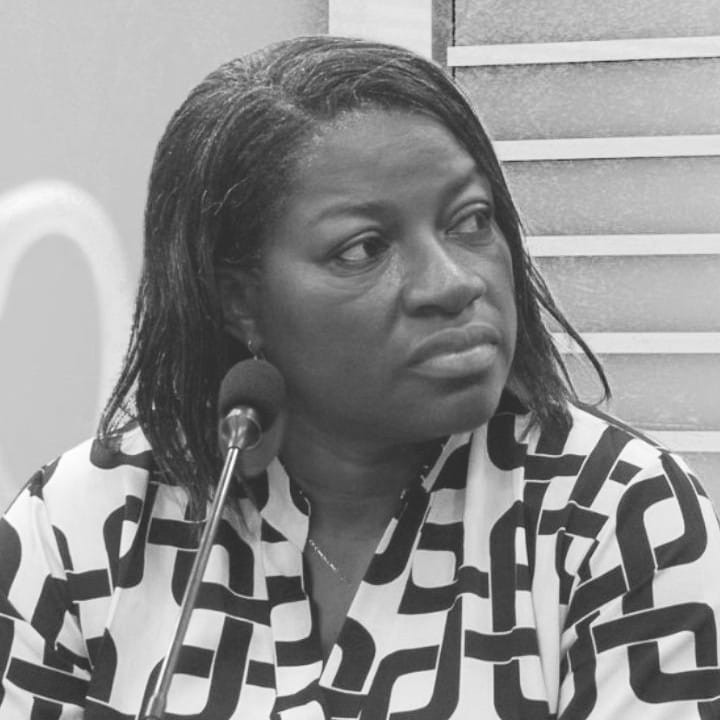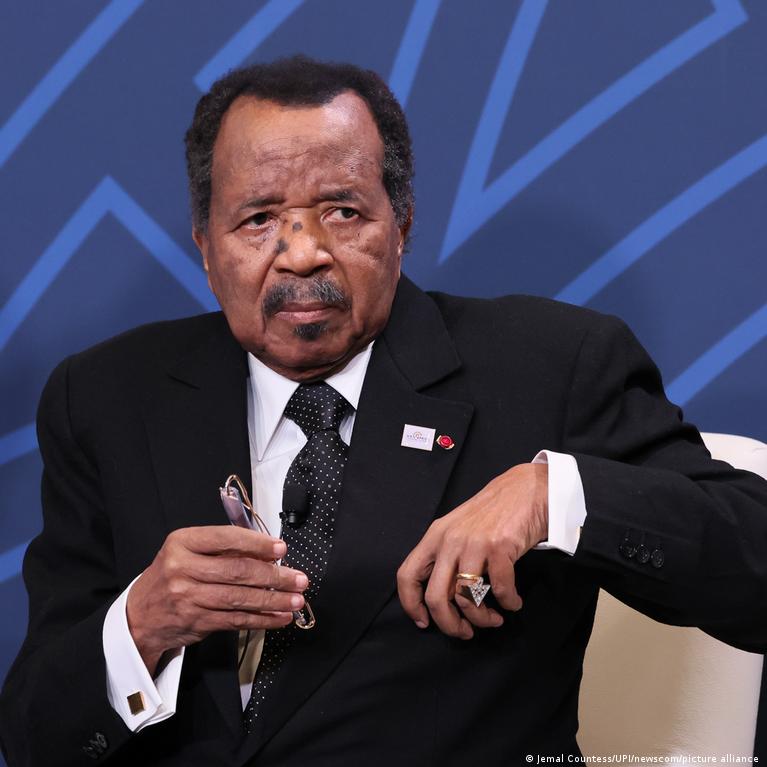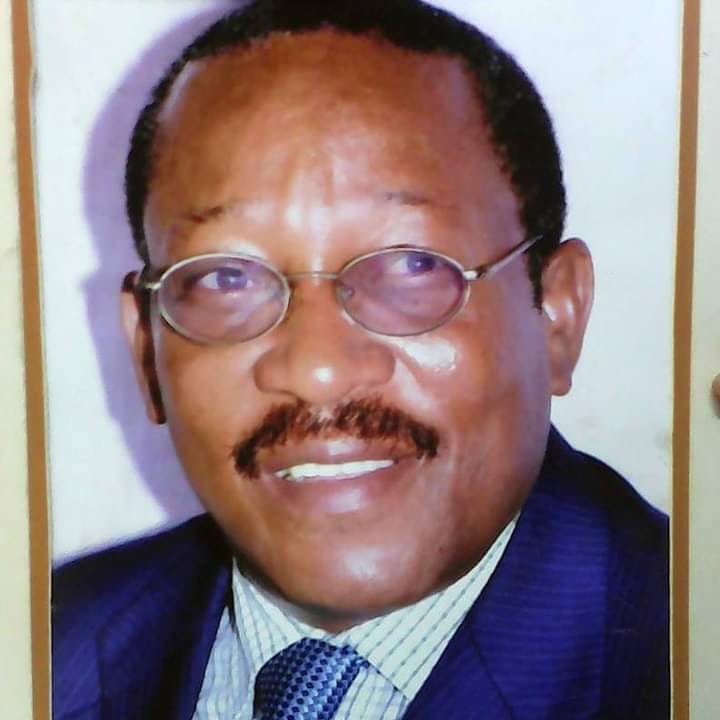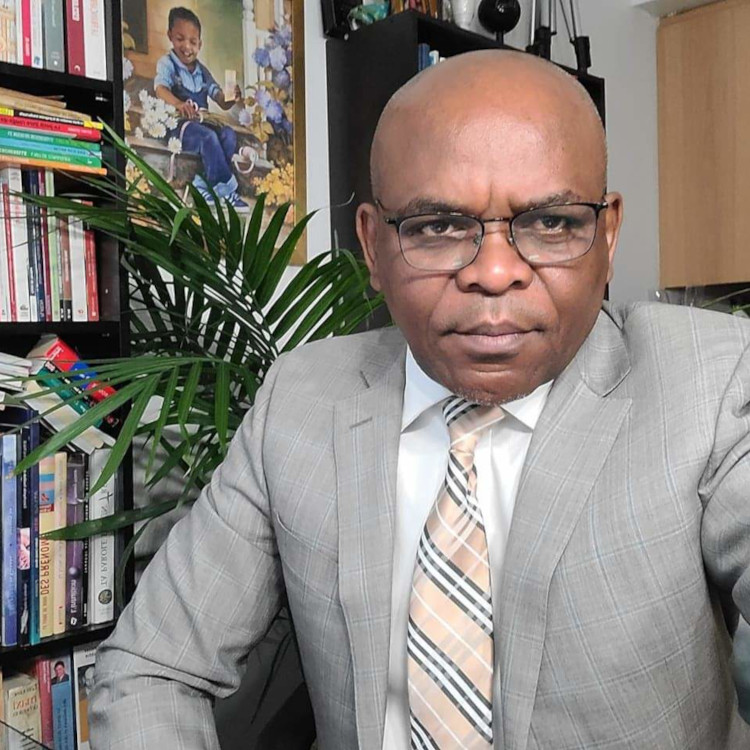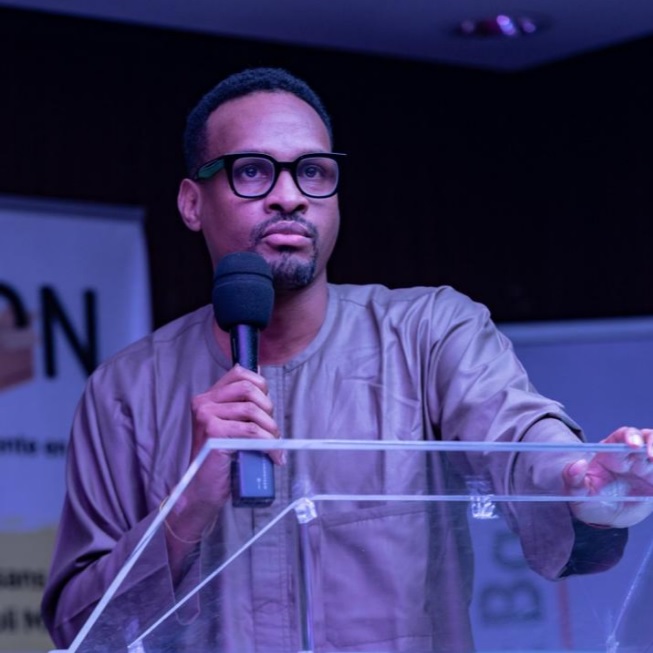

-
© Contributor : FFCI
- 13 Jun 2017 16:07:30
- |
- 4831
- |
CAMEROUN :: Cameroon: CRITICAL ANALYSIS OF THE ANGLOPHONE CRISIS
It all started in November 2016 when Common Law Lawyers and teachers of the two Anglophone Regions initiated a strike action which they pretended was pacific. According to the lawyers and teachers, the reasons for the strike action was the Francophonisation of the Common Law System and the English Sub-System of education in the two Anglophone Regions. It did not take long for the public to realize that the real motive for the strike action was the creation of an Anglophone State comprising the two regions. This meant that Francophones living in this part of the country would be considered persona non grata. The peaceful cohabitation which existed between the Anglophones and Francophones deteriorated and witnesses in the last five months an upsurge in vandalism, violence, and mistrust.
These acts of vandalism perpetrated on days baptized Ghost Town have forced some Francophones and persons from other countries to leave the region due to the poor economic climate in the region. Many Nigerians operating in the spare part business have left the region because the socio-political crisis have seriously affected their businesses.
A good number of Francophones who do business in Bamenda have equally left the town because business is dwindling and they are afraid of being attacked by pro-secessionist out laws who go around burning public and private structures especially those owned by persons who do not sympathize with their unconstitutional ideologies. To date, 40% of Francophones have left the region and many more could leave before September 2017 to enable their children resume school in their respective regions. The mass exodus of Francophones means that Anglophones would have to engage in the business activities that was formerly run by Francophones; furthermore, Anglophones schools shall be reserved only to Anglophones given a great majority of Francophones would have returned to the other regions.
It should be noted that threats are being perpetrated against the Francophones on a daily basis. The question that is begging for an answer is: who is marginalized? Another paradox, Francophones ostracized in the North West Region. While all of this is going on in the North West Region, a large majority Anglophones living in the Francophone Regions have moved their children from the Region to attend school in Francophone Regions. They are equally calling on their families and loved ones to send more children to attend school in Francophone Regions.
In my capacity as a humanitarian, I strongly condemn all forms of discrimination and recommend peaceful cohabitation of all Cameroonian irrespective of their linguistic, ethnic, or religious background. I equally call on the international community to look into the serious violation of human rights especially with regard to the right to education of the youth which is being violated upon and the unlawful treatment being given our brothers from the other regions who live here.
Together we can build a strong and prosperous Cameroon. If we discriminate against Cameroonians, what about Nigerians?
The National President of FFCI
Franklin MOHWA
Lire aussi dans la rubrique POINT DE VUE
Les + récents
Le calvaire de Marafa : la vérité derrière son incarcération prolongée
Inscriptions au test de connaissance du français canadien:une marée humaine à Buéa.
Guerre Russie-Ukraine : Les africains disent non à l’éventuelle mobilisation de Macron
LE « BOL DE SPAGHETTI »DES DISPOSITIONS LEGALES SUR LES IG EN AFRIQUE.
QUE PROTEGENT EXACTEMENT LES INDICATIONS GEOGRAPHIQUES ? Une CATEGORIE DE PRODUIT ,UN PROCEDE OU UN
POINT DE VUE :: les + lus





Cameroun,33 ans de pouvoir: Les 33 péchés de Paul Biya
- 10 November 2015
- /
- 100593
LE DéBAT




Afrique : Quel droit à l'image pour les défunts au Cameroun ?
- 17 December 2017
- /
- 164271

Vidéo de la semaine
évènement


